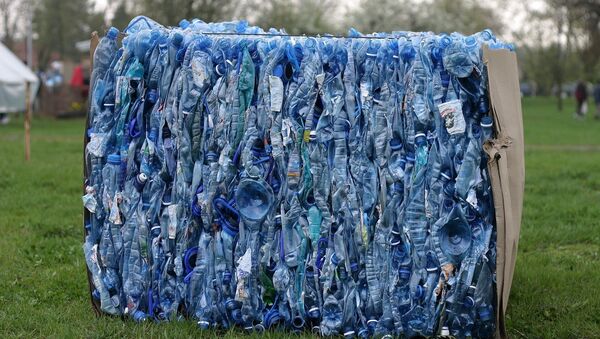Jakarta has returned five containers of rubbish to the US, asserting resolutely that it won’t become “a dumping ground”, senior Environment Ministry official Sayid Muhadhar stated on Friday, making Indonesia the latest Southeast Asian country to return imported waste.
me: i'm not nationalist
— adelwin (@20dnosebleed) 16 июня 2019 г.
indonesia: *returns five containers of waste to the US*
me: pic.twitter.com/B1sliQvSTE
According to the customs documents, the containers, formally owned by a Canadian company but shipped from Seattle in the United States in late March, were supposed to contain solely paper production waste, but instead were packed with other trash, including bottles, loads of plastic rubbish, and used diapers, causing indignation among local officials.
“This is not appropriate”, Muhadhar told AFP.
I've seen infographics that states Indonesia is the second largest waste producer in the world.
— Dita | World Trigger (@thelegalfangirl) 16 июня 2019 г.
Now we RETURN those waste to who sent it to us in the first place.https://t.co/itZ9L6nD6y
Indonesia is currently examining several other containers in Jakarta’s port, as well as the city of Batam on the island of Sumatra, weeks after neighbouring Malaysia promised to ship back hundreds of tonnes of plastic waste last month.
In a similar move, the Philippines has recently sent back 2,500 tonnes of household garbage falsely labelled as “recyclable” exported by Canada, something which has been an apple of discord in Manila-Ottawa bilateral ties for the past few years.
The authorities have long taken a harsh stance on the issue, with President Rodrigo Duterte lashing out at Canada earlier in April, threatening “a war” against the country.
The garbage disposal issue has gained momentum since China embarked on a more environmentally friendly path, having faced the same problem for the past several years, receiving the bulk of scrap plastic from around the world. However, the world’s second biggest economy closed its doors to foreign refuse last year in an effort to clean up its environment, while Western countries have continued to look on South Asia as the destination for waste removal, redirecting it to Malaysia, Indonesia, and to a lesser degree the Philippines.
According to the Worldwide Fund for Nature, a staggering 300 million tonnes of plastic are produced every year, with masses of it ending up in landfills or in the ocean, thus posing a hazard to the existing ecosystems.


